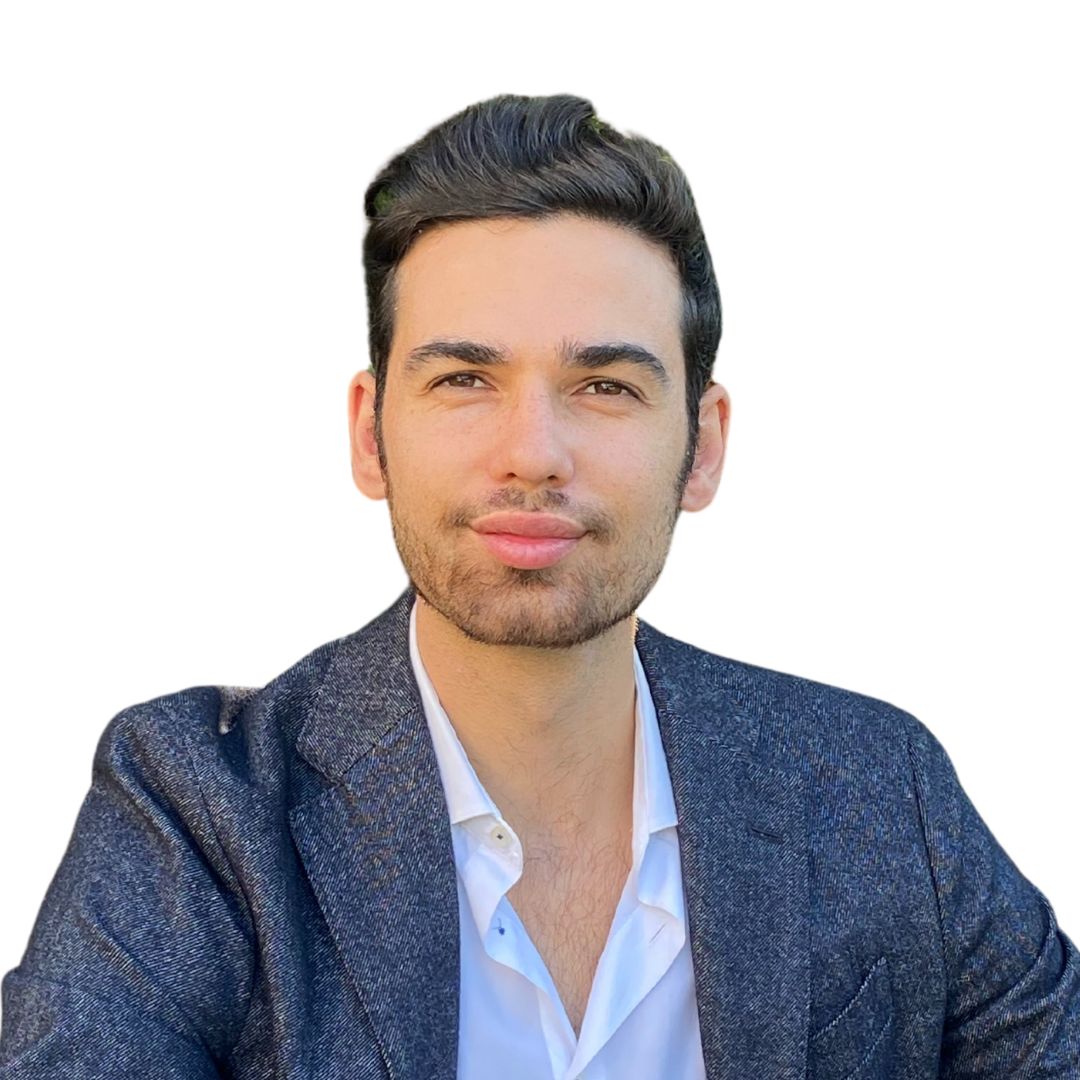141 reads
Tom Ward, Forbes Contributor, Talks About The Rise of Influencers
by
January 23rd, 2023
Audio Presented by

Tech Marketer and Media Strategist. Writes for; Entrepreneur, Yahoo, Forbes, and others.
About Author
Tech Marketer and Media Strategist. Writes for; Entrepreneur, Yahoo, Forbes, and others.
